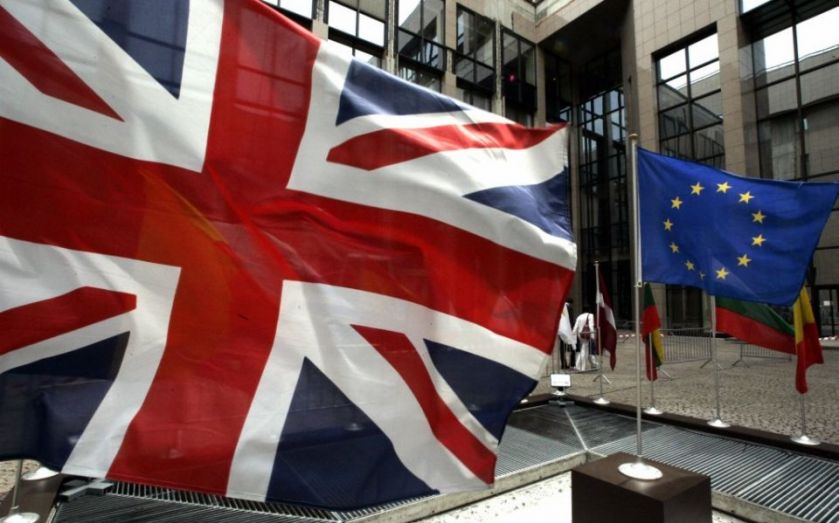UK firms face unprecedented risks – politicians shouldn’t be adding more

Uncertainty has become a new watchword for British businesses. It may not be new for them – to varying degrees they have always operated in an uncertain world – but it is now more prominent in their thinking than at any other time in a generation. Today, they face an underperforming Eurozone, ongoing conflicts in the Middle East and Russia, the rapid fall in oil prices and the potential for political upheaval in many countries.
But the greatest source of uncertainty for businesses in 2015 is home-grown. The upcoming General Election – the most unpredictable in decades – has the pundits and chattering classes generating an abundance of speculation and nervousness.
But what differentiates the election from other sources of uncertainty is that it can be controlled – if political parties of all colours act responsibly and put the UK’s long-term success ahead of tawdry tactics and point-scoring. Just as businesses need to look at the fundamentals when making decisions, politicians must avoid creating uncertainty by ensuring that Britain remains a great place to do business.
Between now and 7 May, businesses want to hear how each party will deliver a pro-enterprise, pro-growth landscape. The decisions taken during the term of the next Parliament will have a profound impact on the UK’s ability to grow.
Our manifesto, A Business Plan for Britain, focuses on seven key themes that will make a difference for all companies. It sets out a blueprint for developing the talents of the next generation, supporting long-term business investment, growing Britain’s trade potential, placing business at the heart of local growth, rebuilding Britain’s business infrastructure, driving down business costs and taxes, and delivering a new settlement for Britain in Europe. These goals are shared by companies in every region and nation of the UK. But what do they hope for from the parties?
There has been a blizzard of commentary on the EU, creating uncertainty and, in some cases, outright fear. Britain’s diminishing powers in Brussels and the lamentable performance of the Eurozone are real causes of concern for many firms.
Our research shows that British companies favour staying in the EU, but don’t want further integration with Europe – and they don’t want to be in the Eurozone. In simple terms, they support the Prime Minister’s efforts to reform the EU and renegotiate Britain’s place in it, but want greater assurances that change can actually be delivered.
Much of the uncertainty surrounding the Eurozone has detracted from the prospect of decisive action to complete the much touted but still incomplete single market in services and e-commerce. These reforms would benefit Britain’s world-beating professional services and digital companies by enabling them to trade more easily across borders, and lay the groundwork for a successful free trade deal with the US.
It is equally important that political leaders outline how they would reduce the burden of business costs and taxes, which act as dragging anchors on risk-taking, investment, and the creation of jobs. We’ve proposed a radical re-think on business tax. Lowering the input taxes that dim businesses’ ambitions before they turn over a single pound, such as business rates and employers’ National Insurance, and keeping corporation tax at or below 20 per cent, would be a sound beginning.
The General Election campaign must maintain a relentless focus on policies that deliver prosperity, if the aspirants to Number 10 wish to instil confidence in business. We at the British Chambers of Commerce will be using our annual conference, coming up next week, to press this message home – and ensure that senior politicians from across the spectrum are aware that businesses are watching their actions and promises carefully.
UK businesses have learnt to adapt to uncertainty, rather than fight against it. Firms will thrive if they understand the unknowns that they face, and then actively mitigate and militate against them by taking intelligent risks.
Britain is a great place to do business, particularly when compared to its neighbours. It is likely to remain so, whatever the outcome of this or any future election. However, our politicians must not heap additional uncertainty onto businesses at election time – particularly by putting their short-term political agendas ahead of the long-term national interest.
The message from business to politicians is clear: don’t stoke the fire. The world we face is dangerous and unpredictable enough already.